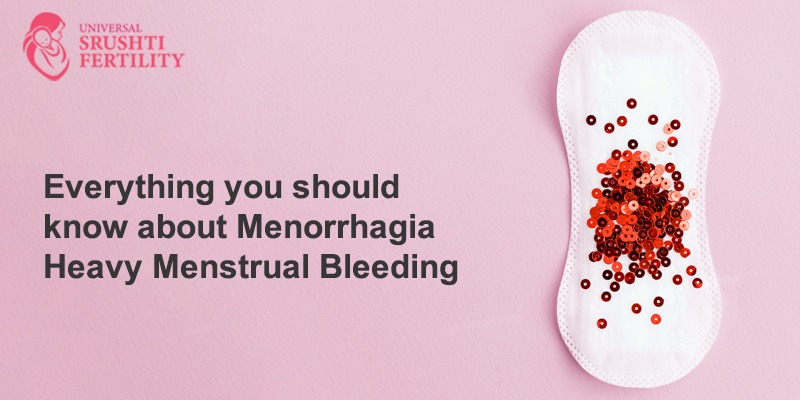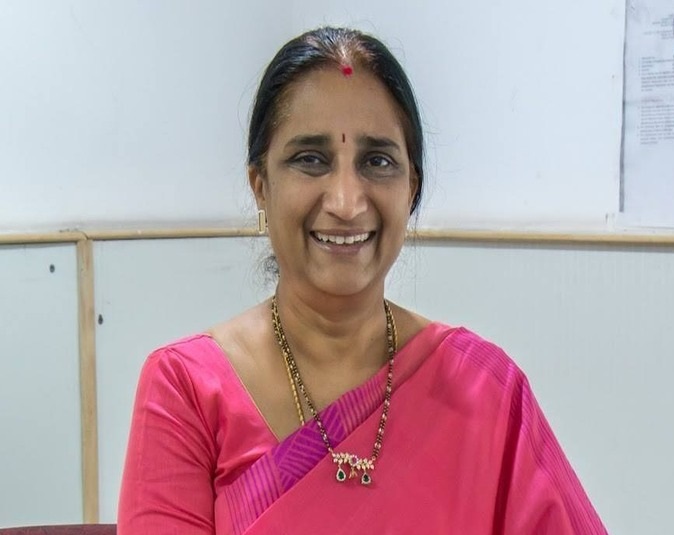Everything you should know about Menorrhagia – heavy Menstrual bleeding
Heavy menstrual bleeding, known as “menorrhagia,” is a common problem for women who have their periods. It means that a woman is bleeding for more than seven days and that there is more blood flow than usual during her period. When you have menorrhagia, your flow is so heavy that you’ll need to change your pad every hour for at least a whole day. You also have cramps that are so bad that they keep you from doing your daily chores.
Heavy periods are sometimes caused by small health problems, and they can lead to other health problems. Talk to your doctor if you tend to soak through a pad or tampon every hour or so. They could help.
How do you know if you are having heavy menstrual bleeding?
If you have a heavy period, you might notice:
- Abdominal pain.
- Periods that last longer than a week.
- Getting blood clots. Blood can look red, pink, brown, or even like rust.
- Using at least one pad every hour for more than two hours in a row.
- Some signs of anemia are feeling tired, exhausted, or short of breath.
- you may also bleed between periods.
See your doctor if you have any of these signs.
Problems faced due to heavy menstrual bleeding
If you don’t get help for heavy or long-lasting bleeding, it can keep you from living life to the fullest. It can also make you sick and cause Anemia. Anemia is a common blood problem that can make you feel tired or weak, make it hard to do physical activities, make you feel lightheaded or dizzy all the time, or even cause you to faint. You may also feel like not doing any work and lose interest.
You may also have menstrual bleeding that isn’t normal or Inter menstrual spotting. To put it simply, you might also bleed in between your periods. In these situations, chronic back pain is a very common problem.
Then, there’s premenstrual syndrome (PMS). It has a wide range of signs and symptoms, such as mood swings, tender breasts, food cravings, fatigue, irritability, and depression. It is thought that as many as three out of every four women who have periods have had some kind of premenstrual syndrome.
Pain during your period and before it starts. Milk production in women who are not pregnant and who are not breastfeeding, Sore breasts, and lumps in the breast are among the other issues that arise due to heavy menstrual bleeding. A checkup is needed if you are suffering from any of these problems.
Why do women have heavy periods?
Heavy periods can be caused by many things, like hormone problems, medical problems, or even stress. some of the main causes are
- Hormone imbalances
Hormones like estrogen and progesterone that your body makes help to control your menstrual cycle and how heavy your periods are. Having a condition that throws off your hormones can make you bleed a lot during your period. some of these conditions are Anovulation, thyroid, and Polycystic ovary syndrome (PCOS).
- Growths in your uterus that are not cancerous
Heavy periods can also be caused by benign growths in the uterus or conditions that cause cells in the uterus to grow in the wrong way. Causes include:
Polyps.
Fibroids.
Adenomyosis.
- Cancerous growths in your uterus
Endometrial hyperplasia and other conditions that raise your risk of getting cancer, as well as cancers that affect your reproductive system, can cause heavy menstrual bleeding. These are:
Uterine cancer.
Cancer of the cervix. An infection.
- Infections
Heavy bleeding can be caused by infections, like sexually transmitted infections (STIs). These include:
Trichomoniasis.
Gonorrhea.
Chlamydia.
Endometritis that lasts.
-
Problems during pregnancy
Heavy bleeding during pregnancy can be a sign that something is wrong, like:
Miscarriage.
ectopic pregnancy.
C-Section spot. When you’ve had a lot of cesarean sections, the scar can make a pocket in your uterus. You can put blood in that pocket, which later starts bleeding
Final words
Women often have menorrhagia. But a lot of women don’t know they can get help. Others don’t get help because they’re too ashamed to tell a doctor what’s going on. It’s very important to be honest with your doctor if you want to get the right diagnosis and treatment.


